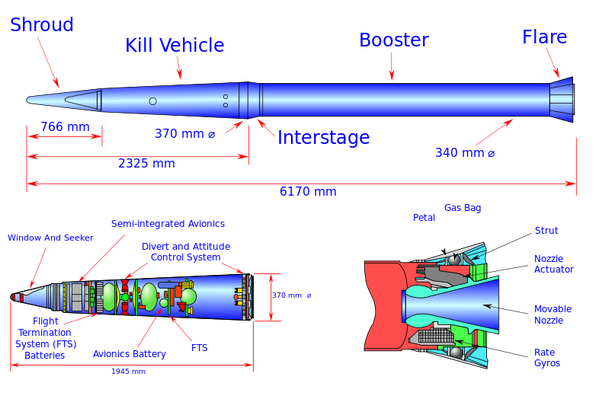The short answer is yes, nuclear bombs can be intercepted, albeit quite difficult to do.
Ballistic missiles are used to deliver nuclear bombs in a flight trajectory.
To counter ballistic missiles, the Soviet Union developed anti-ballistic missiles in the 1960s in the thick of the Nuclear Arms Race to protect the USSR.
Anti-ballistic missiles (ABM) are believed to be capable of destroying deadly nuclear missiles before they hit targets.
ABMs are designed to identify and track the incoming ballistic missile, to which an interceptor is launched to destroy the missiles.
This is usually carried out by a booster rocket that can either crash into the missile, destroying it on impact, or use a blast fragmentation warhead to detonate the payload in the missiles without causing a nuclear explosion.
However, even if the ABM is successful, there is still a possibility the event could result in a scattering of plutonium or uranium core over the area it has been destroyed, which could consequently cause a radiation hazard.
Although, this would be a better result than the destruction of an entire city.
As it stands, there are currently more than 13,080 nuclear weapons in circulation and according to Statista, almost 90 percent of them are split between two countries, Russia and the United States.
Knowing how deadly these weapons are, countries in possession maintain that their nuclear stockpiles are kept just in the interests of self-defense.












